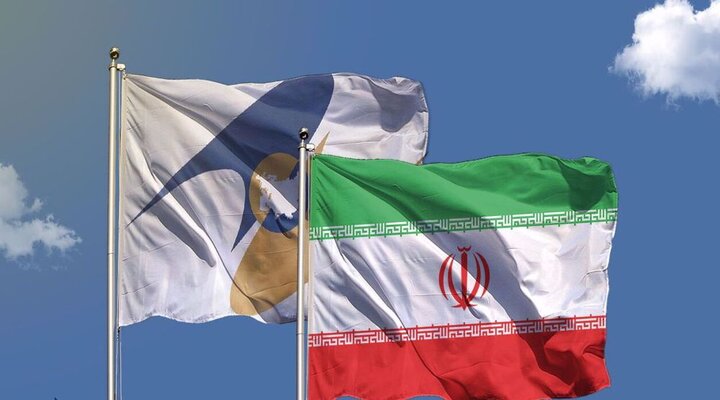Iran (IMNA) - According to a report from Iran's official news agency (IRNA) in Moscow on Monday, the signing took place during a meeting of the Supreme Eurasian Economic Council in Saint Petersburg, Russia. The deal was signed by Iran's Minister of Industry, Mine and Trade, Abbas Ali-Abadi, and the Chairman of the Board of the Eurasian Economic Commission (EEC), Mikhail Myasnikovich.
This agreement holds great significance for both Iran and the EAEU, as it opens up new avenues for trade and economic cooperation. By eliminating trade barriers and promoting the exchange of goods and services, the free trade agreement is expected to boost bilateral trade and strengthen ties between Iran and the member states of the EAEU.
The signing of this agreement reflects Iran's commitment to diversify its trade partners and expand its economic horizons, particularly in the face of sanctions imposed by Western countries. It also highlights the EAEU's recognition of Iran's potential as a key trading partner and its willingness to deepen economic integration with the country.
With the free trade agreement now in effect, Iran and the EAEU are poised to benefit from enhanced trade opportunities, increased investment flows, and closer collaboration in various sectors. This landmark agreement sets the stage for a prosperous future of economic growth and mutual prosperity for both Iran and the EAEU.
Iran and Five EAEU Members Reach Agreement on Tariff Reductions
Officials from Iran and five members of the Eurasian Economic Union (EAEU) concluded negotiations on Sunday, finalizing the text of an agreement. According to a report, the agreement will now undergo the process of ratification by the parliaments of all six EAEU members before it can come into effect.
Once ratified, the agreement will enable Iran and the EAEU members to eliminate export and import tariffs on approximately 87% of the goods they trade. The remaining 13% of commodities and goods will still be subject to a tariff system.
This agreement marks a significant development in the trade relations between Iran and the EAEU. It follows the signing of a three-year preferential trade agreement (PTA) in 2019, five years after Iran's invitation to join the bloc.


Your Comment